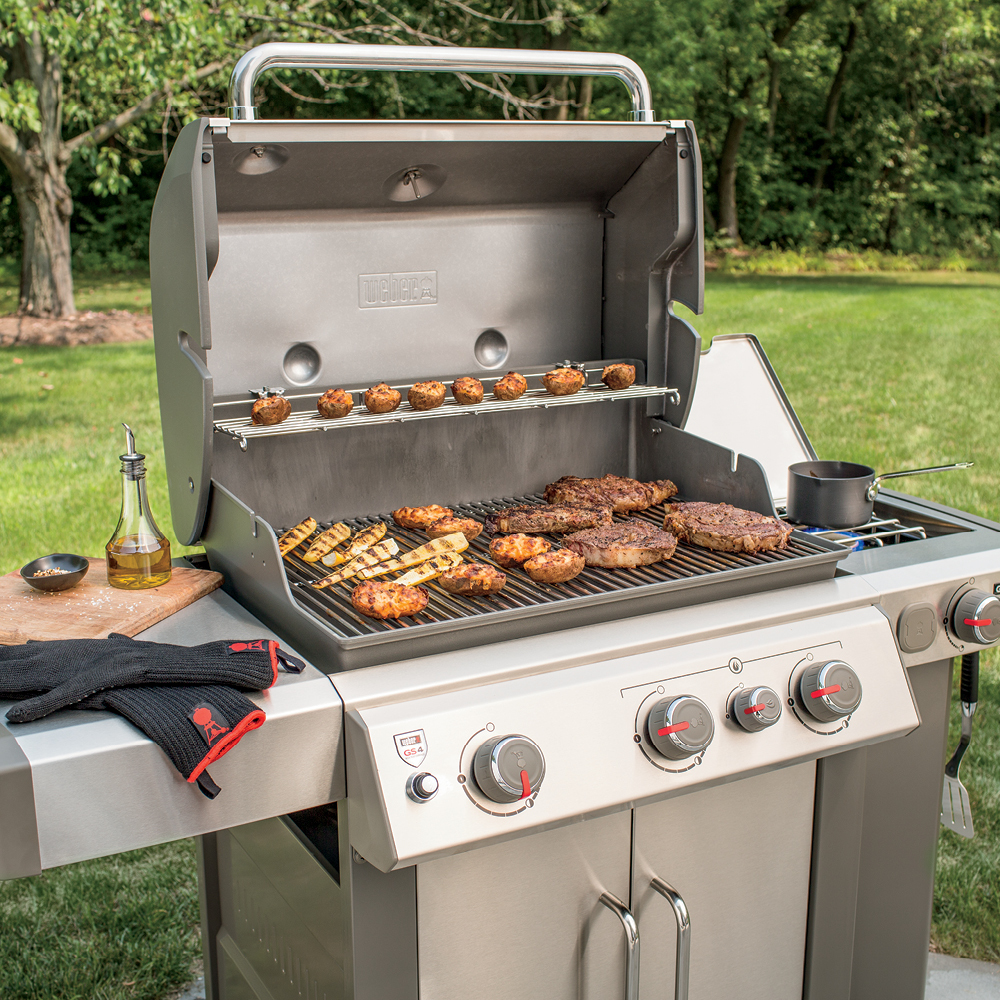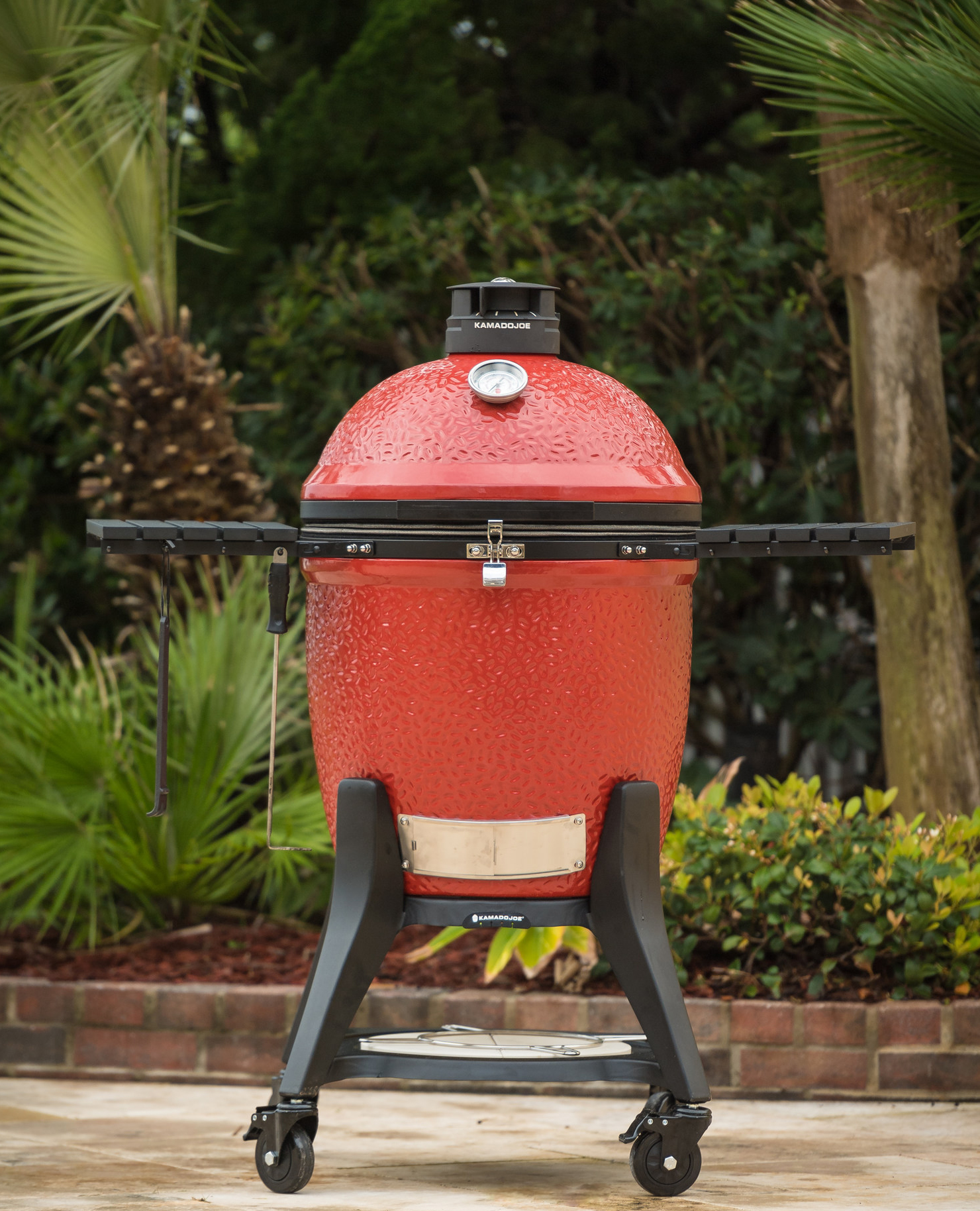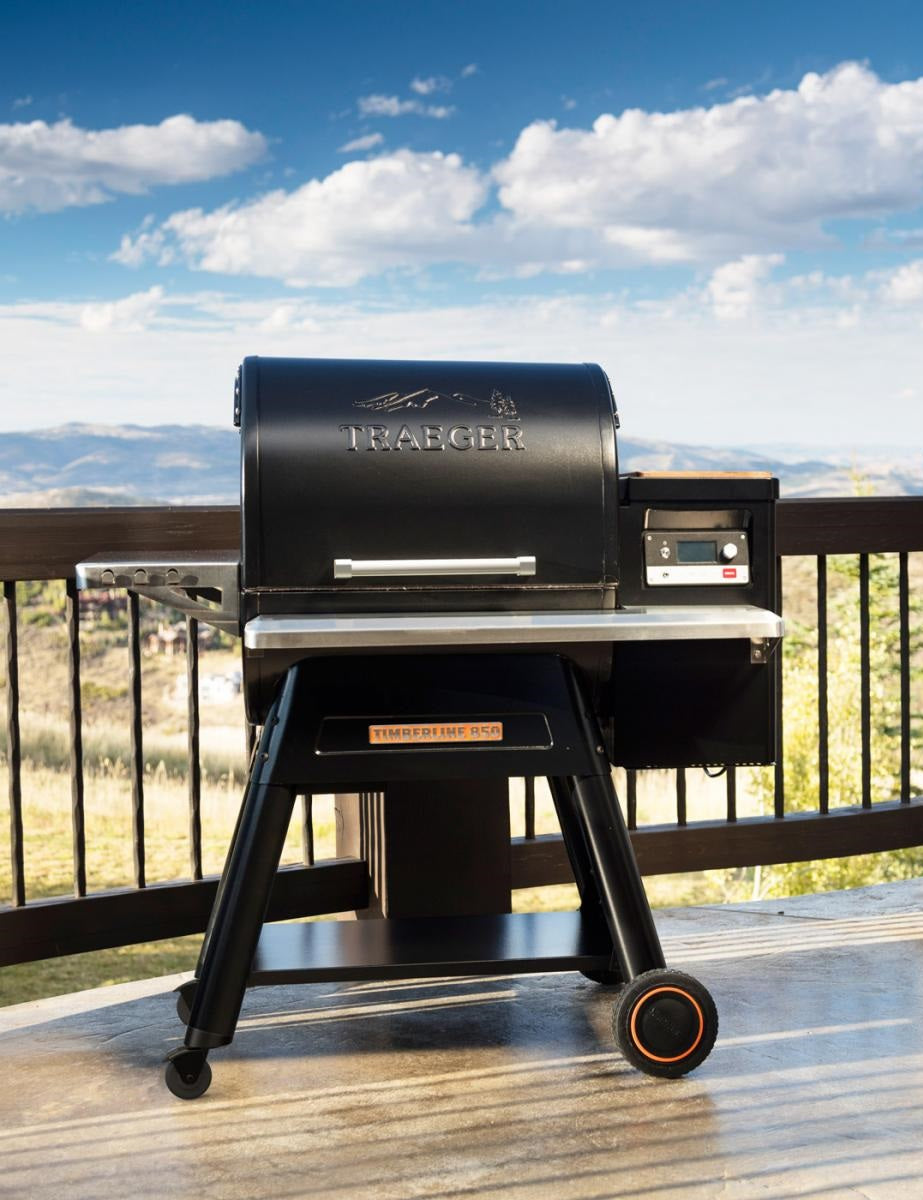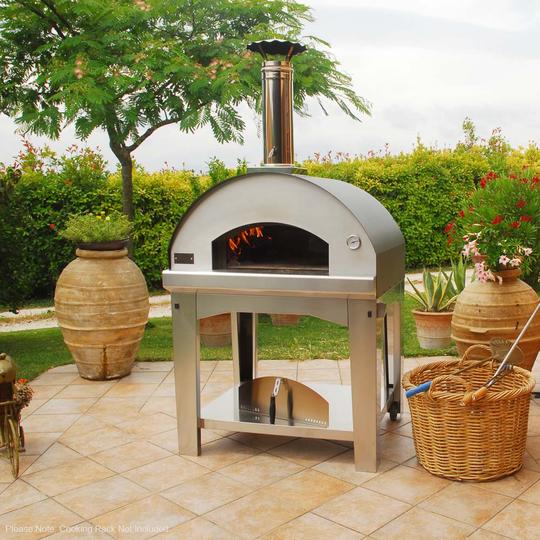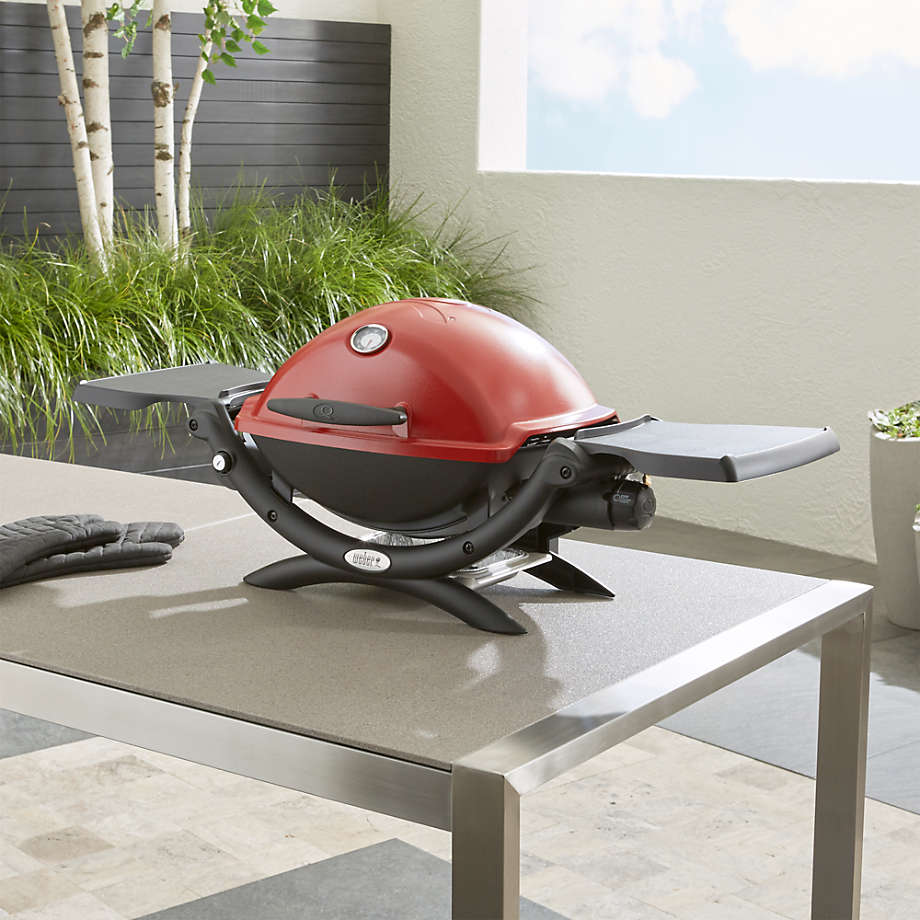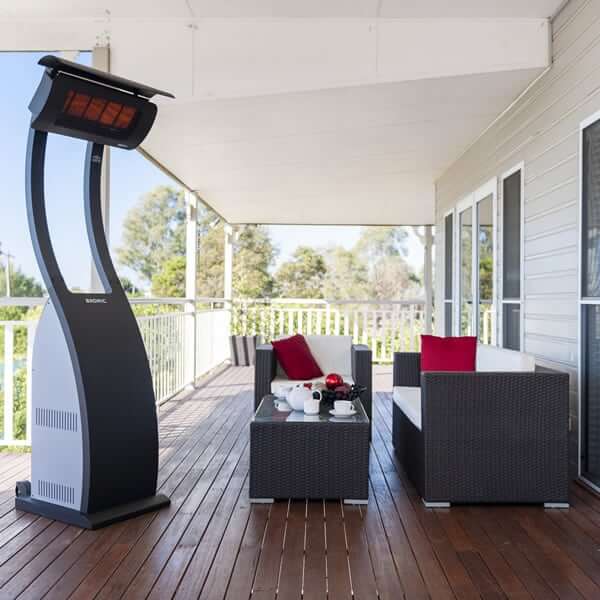Stainless Steel Vs Cast Iron Grill Grates: What's the Difference
For many barbeque lovers, getting the best steak and burgers served after a grilling session is one of the best things ever. Many people look to perfect their barbecue techniques and often get the high-end accessories and tools they need to make them at home. In addition, barbecuing is a hobby that many people look to improve on, making it even more enjoyable with every dish they make.
One of the possible ways that you can affect how you barbecue is by using different kinds of grill grates. While there are many options to choose between, the most common and popular types of grates tend to be either cast iron or stainless steel. Both options have their own benefits and are durable in their own unique ways, making a choice between stainless steel vs. cast iron grill grates rather complex.
To help you choose what kind of grate is the best for your home between cast iron grills vs. stainless steel, we've put together this article to show some of the advantages and disadvantages between them. If we've convinced you to get one for your own barbecue, you can buy one from Dickson Barbeque Centre as well as any rubs, accessories or even a new grill!
What are Cast Iron grill grates?
While iron has been known to be used in many items, both for use inside the house and outside, pure iron isn’t all that durable. The metal, in its unaltered form, is quite soft and not the best material for cooking at high heat for a long time; with enough force, you can cut right through pure iron metal. To make up for that vulnerability, many iron alloys have been created as a way to effectively make the metal stronger for daily use.
For quite a long time, cast iron has been used as a cooking surface, especially thanks to its durability. Created by combining carbon, silicon, manganese and some other metals, cast iron is used both for cooking as well as many industrial uses. The addition of the other metals into the alloy also makes cast iron somewhat porous. However, that porousness is what allows cast iron to be seasoned for cooking uses.
What are Stainless Steel grill grates?
In a way similar to cast iron, stainless steel is also a commonly used iron alloy when it comes to cooking. Made by combining carbon into the iron like many kinds of steel and iron alloys, stainless steel is more unique thanks to the addition of nickel and chromium. The two additional metals improve the state of the steel, making it more resistant to corrosion than many other types of iron.
Advantages and disadvantages of Cast Iron grates
One of the many benefits cast iron has is that it can retain far more heat. In a comparison of stainless steel vs. cast iron grill grates, the heat retention allows cast iron grates to properly cook the food for a period of time after you turn the grill off or the coals die down, something that stainless steel can’t do. The heat retention qualities also allow you to sear the food far easier than other kinds of grill grates. So, if you find that the wind’s suddenly picked up, you can rely on the grate to keep on cooking despite any changes in temperature.
Cast iron grates are also far more durable than stainless steel. Though they’re frequently heavier than other grill grates, the heaviness is due to the materials that also contribute to how sturdy cast iron is. When used for grill grates, you don’t need to worry about your grates shifting and turning when you flip the meat and veggies.
The only disadvantage the metal has in a comparison of stainless steel grill grates vs. cast iron is a lower rust and corrosion resistance. Cast iron grates have two possible ways that they can be manufactured: one, coated with a layer of porcelain enamel and the other uncoated. The uncoated cast iron version is often more porous. As mentioned before, while they are designed to be sturdier than other grates, cast iron can still break with enough force. The uncoated nature of the grate also makes it more prone to rust, especially if you don’t protect it by seasoning it
Advantages and disadvantages of stainless steel grates
Between stainless steel grill vs. cast iron grill grates, rust resistance is often an important thing to consider. Where cast iron is far more durable but prone to rusting if it isn’t seasoned well, stainless steel naturally is rust and corrosion resistant. Chromium, one of the metals in stainless steel, has a tendency to quickly react with the surrounding air and creates chromium oxide. That substance forms a layer over the surface of the steel, acting as protection against any rust that can form.
Stainless steel is also far easier to clean than cast iron. The metals that make up the grate are frequently much smoother, making them much easier to simply scrub off with a soft enough brush. Thanks to the rust and corrosion resistance, even cleaning is much easier when you can soak the grates.
However, while stainless steel grates can are fairly non-stick and rust resistant, age and time can still cause the grates to wear down. The constant use of the metal grates makes it so that the chromium in it also wears down, making it easier for both heat and any moisture to cause damage. Eventually, the grates will rust, become more porous, and start to bend out of shape. It will take some time for the rust to show - longer than cast iron - but stainless steel grates aren’t as durable.
Takeaway
Each of the two grates have their own advantages and disadvantages over the other. Cast iron is a heavier, but far more durable type of grate that’s perfect for searing the food that’s on it thanks to a high heat retention. Stainless steel, on the other hand, is more corrosion and rust resistant than cast iron, and is much easier to clean. Choosing which grate is best for your barbecuing style can take your grilling game to a new level, so consider your options between stainless steel vs. cast iron grill grates carefully.


